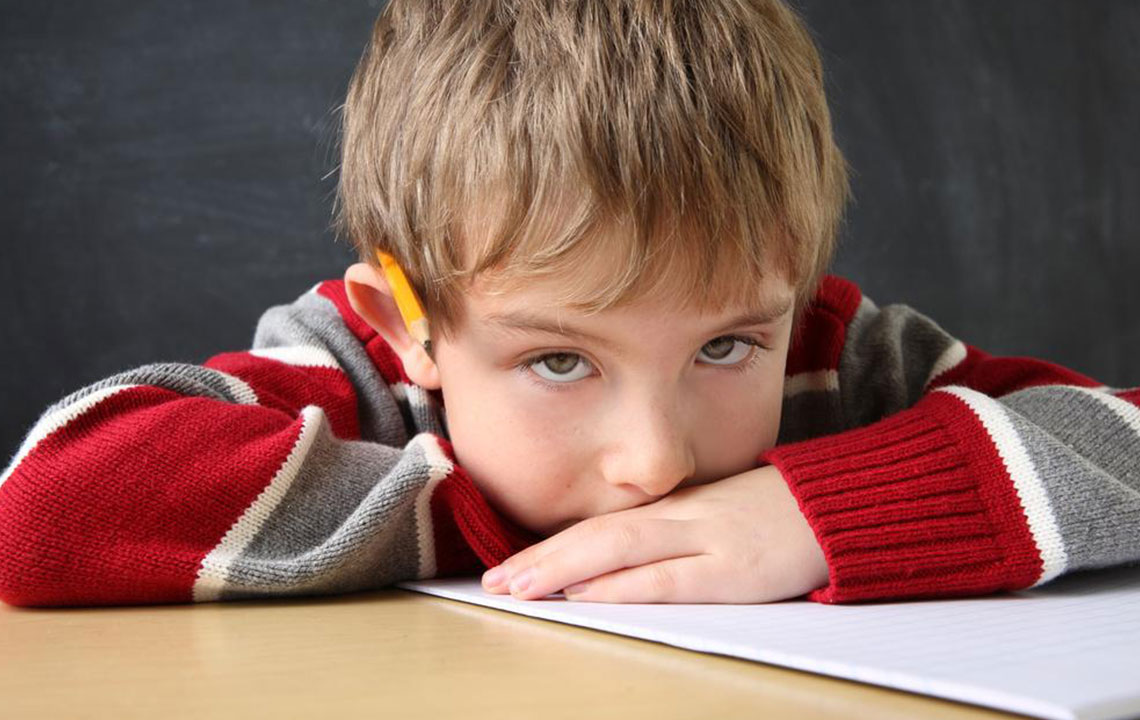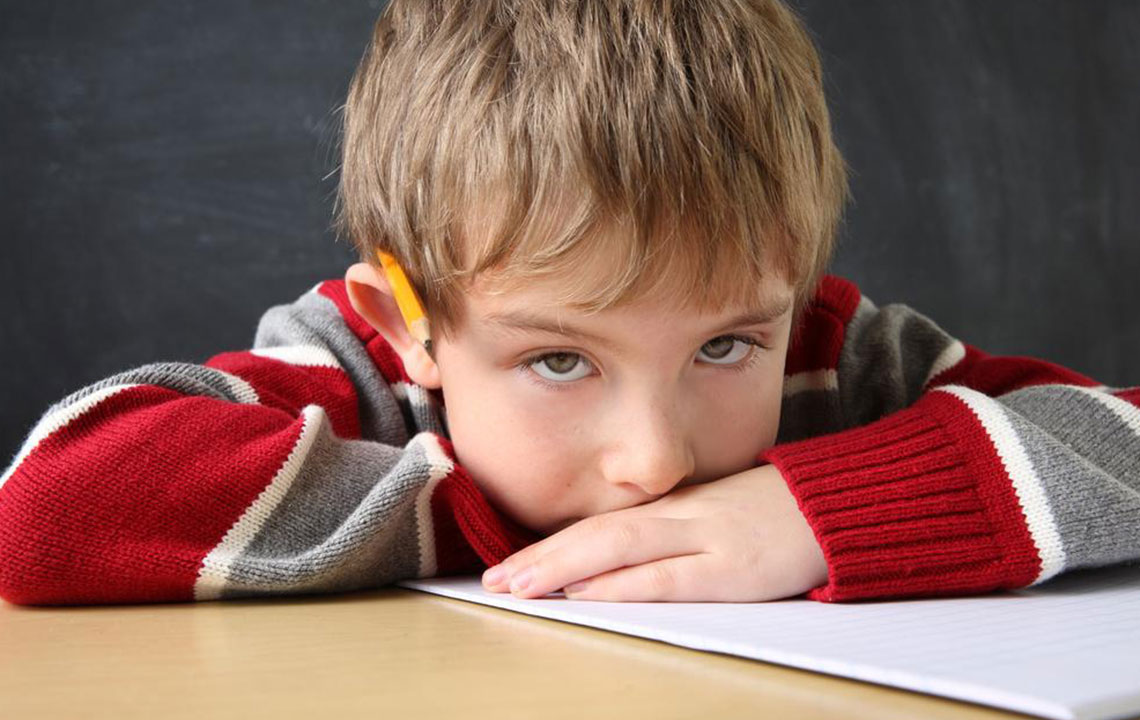Effective Strategies for Teen Anger Control and Support
This article highlights effective strategies for managing teen anger through understanding, parental support, and professional counseling. It emphasizes recognizing warning signs, addressing underlying issues, and providing constructive outlets for emotional expression. Early intervention is key to preventing lasting behavioral and mental health problems in adolescents.

Effective Strategies for Teen Anger Control and Support
Experiencing occasional teenage frustration is normal. However, persistent anger issues may require targeted intervention. Understanding when and how to seek anger management support for teens can make a significant difference. This article explores the importance of anger counseling for adolescents, common underlying causes, and how parents can help their teens manage their emotions effectively.
Teenagers undergo numerous physical and hormonal changes during adolescence, leading to irritability or confusion. Their still-developing brains struggle to process intense emotions, sometimes resulting in aggressive outbursts. While some teens show minor behavioral issues, others may exhibit severe anger or violence.
Stress from academics, social challenges, or personal issues can trigger anger episodes.
Such behavior can impair academic performance, social relationships, and overall well-being.
Extreme anger might lead to harmful actions, substance abuse, or mental health problems like depression.
Parenting support and professional counseling can reveal the root causes behind teen anger. Common issues include puberty-related changes, family environment stress, abuse, grief, or trauma. Addressing these factors is vital for effective behavioral management.
Supporting teens involves understanding, communication, and patience. Parents should observe warning signs and help teens develop healthier ways to channel their emotions.
If at-home strategies are insufficient, professional anger management programs offer valuable assistance. Therapists aid teens in understanding their feelings and learning constructive coping skills. Group therapy can also enhance social abilities and conflict resolution skills.
Early intervention—whether through family support or counseling—is critical to preventing long-term psychological or behavioral problems in adolescents.
Note:
Our blog offers practical insights across diverse topics, drawing from thorough research. Readers should view this information as guidance rather than definitive solutions. The platform is not responsible for updates or inaccuracies and acknowledges that some offers or schemes may vary.










